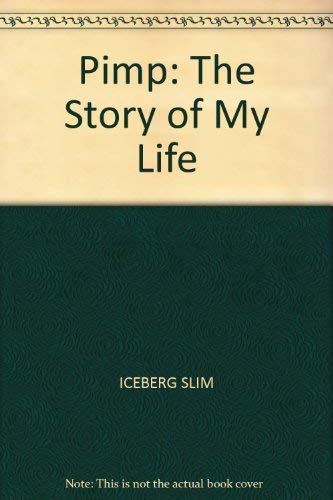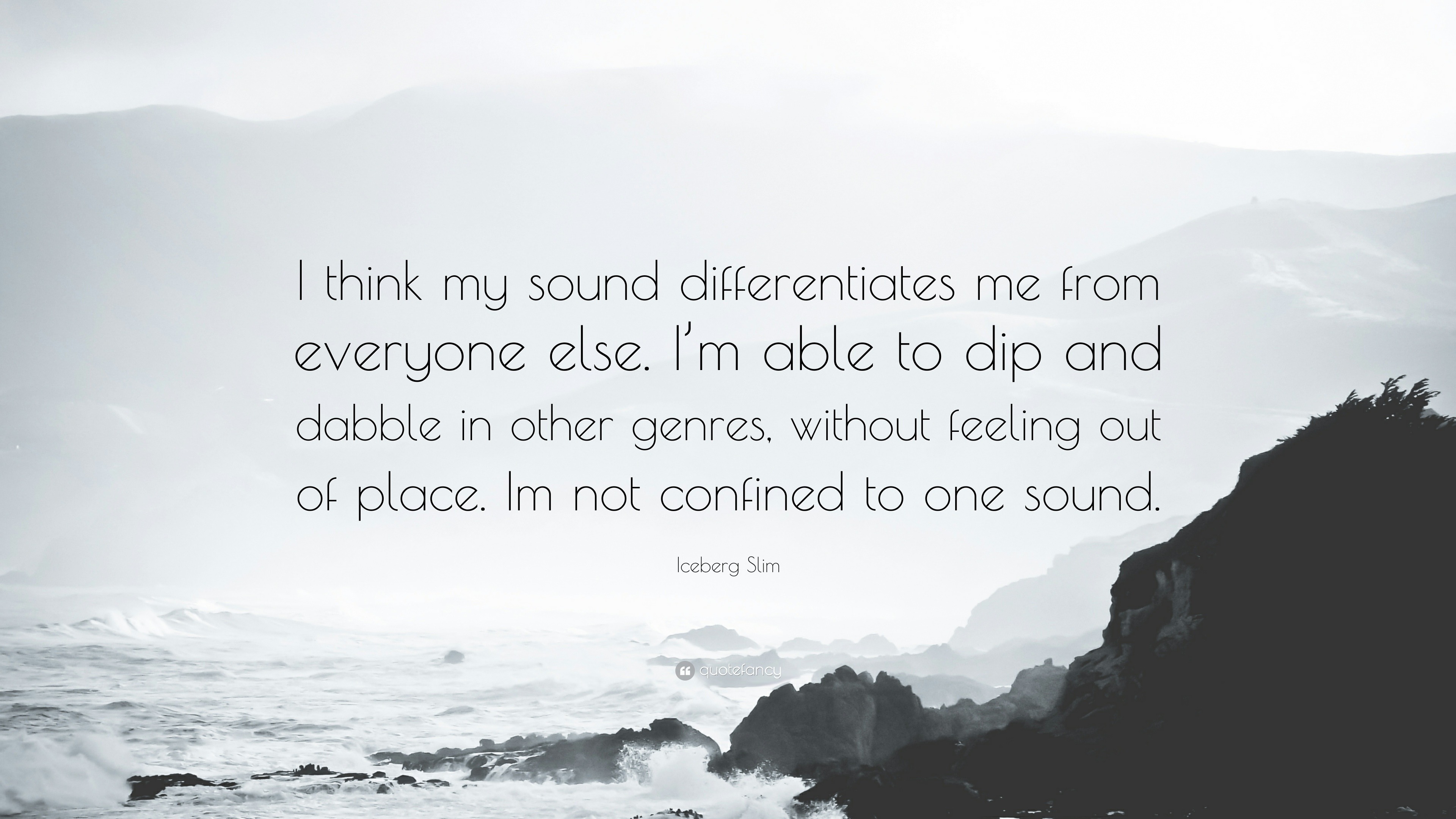

Then I looked further back, to James Hogg, Robert Louis Stevenson, Walter Scott, Lewis Grassic Gibbon and Robert Burns. Kelman's insistence on an authentic voice was particularly liberating. James Kelman and Alasdair Gray, in their different ways, took McIlvanney's approach to a new level. He wrote about people I could identify with, and they were the central characters, the stars of the show, not token villains or comedians.
/arc-anglerfish-arc2-prod-dmn.s3.amazonaws.com/public/XYOAAJFEMN3XPCA2G3UP2LMRZI.jpg)
William McIlvanney, the author of Laidlaw and other books set in Glasgow, was a revelation. To get past this means that invisible barriers have to be broken down: I found the inspiration to do that under my nose, in Scotland. This, of course, was nonsense, and I can see now that I was looking for reasons to fail, as one does when failure is the cultural expectation. So Waugh was inspirational, but he was also prohibitive - he confirmed that you had to be posh and wealthy to be a writer. The Ernest Hemingway and Jack London cult of the macho writer pretty much passed me by: I thought them all very well for the wild frontier lands of America, but writers in Britain were supposed to be like Evelyn Waugh. Waugh - who conjured worlds so different from my background - became, and remains, one of my favourite writers.

My own writer's journey probably started with Evelyn Waugh, via my Uncle Jack, a fireman, who was taking an Open University degree course. Often not brilliant books, but none the less they circulated. In small, systems-built flats there is scant room for bookcases, so in the housing scheme where I grew up, books were passed around.
#ICEBERG SLIM PIMP GLOSSARY OF TERMS HOW TO#
Like many people from a "non-bookish culture" I was probably always a writer, but I didn't know how to become one.


 0 kommentar(er)
0 kommentar(er)
